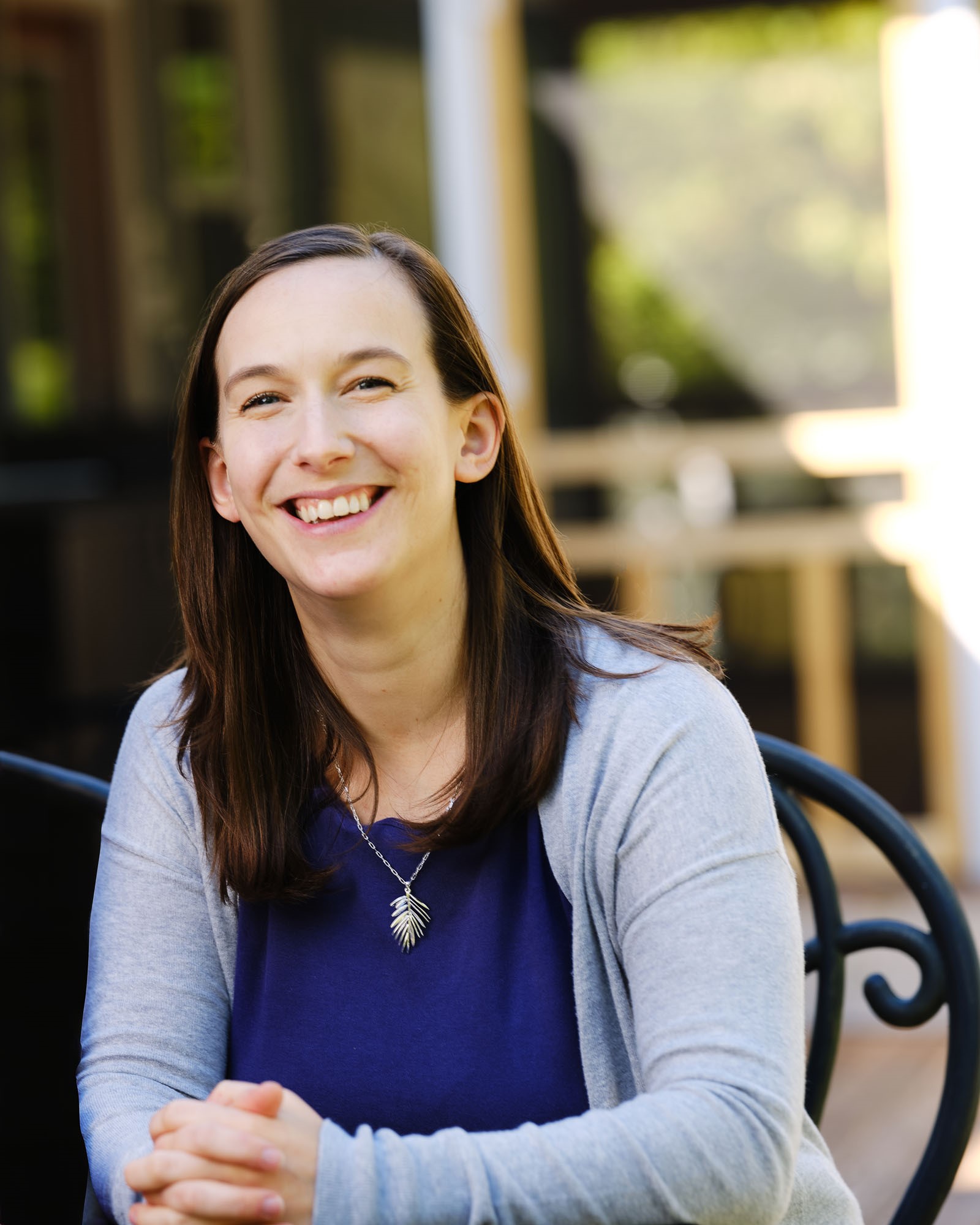Adding Facebook to your Toolbox
By Heather Rocha, Class of 2014
When I graduated, I felt confident about the tools I’d collected for my own toolbox. I left UNCG with my head full of counseling tips and tricks, a pile of visual aids, and strategies for identifying patient-friendly resources. What I didn’t know was that I’d be adding one more very important thing to my resource list: Facebook.
Working at Geisinger Health System as a coordinator for the Simons VIP Connect research study and online community, I’ve been tasked with recruitment and engagement of research participants. Rather than simply recruiting families for a study, I wanted to build a supportive community surrounding the consent and participation. Enter Facebook.
The idea for developing Facebook communities to discuss participation and consent came from the simple question that we ask ourselves all the time: Where find any other families who have a rare genetic diagnosis?” And just as Matt Might has taught us: If you are a parent who has a child with a rare diagnosis, you’re going to need to search the globe to find other people like you. The easiest and fastest way to shrink the globe is to get on Facebook, with nearly 1.8 billion other users.
In UNCG’s former director, Nancy Callanan’s classes, we’d had discussions about what consent should look like. Consent is a process; it’s understanding what you’re contributing to, supporting, and agreeing to share. Consent is not just completing a form. With that in mind, consent can feel difficult to accomplish in one conversation, or even online, as we do with Simons VIP Connect. As a genetic counselor with this ethical question in the back on my mind, I kept wondering, “How can I make this better? How can I build on this conversation?”
A Facebook group is a great place to host a closed conversation between members because people can choose how often or frequently to participate. I consulted our Ethics team about sharing PHI in this context and developed a short phrase to remind families about the purpose of the group and who might see their posts.
The organic discussions that happen about consent and research participation are helpful to get families talking about research as a way to cope with a lack of information. I am able to use a time-trusted tool, like building a support community in a new way by hosting it through a service where people already have a level of understanding and trust. Families trust each other. They can ask each other questions, openly, and feel confident that the response they’re getting is unbiased.
It’s been an interesting experience to say the least– I never though I’d be using Facebook at my job-to actually do my job. Adding Facebook to my toolbox has allowed the rare disease community to bring conversations about genetic diagnoses to a place where people are already talking.
Just like many other genetic counselors, I wear multiple hats. While I am involved with an autism research study, I also spend half of my time at Geisinger working with the Cancer Genetics clinic, which includes two other UNCG alumni: Juliann Koenig and Adam Buchanan. I primarily see adult patients, and recently developed a monthly clinic with one of our geneticists to evaluate and follow pediatric patients who have been diagnosed with cancer and/ or polyps. In this new clinic, we follow several patients with polyposis syndromes, and other patients with early-onset cancers and rare tumors. This clinic was designed to streamline care for patients being evaluated for rare hereditary cancer syndromes, to ensure a provider with cancer genetics expertise is part of the management team for these patients. It’s helpful that our geneticist is able to order the appropriate baseline imaging and labs, and we are able to divide interests and labor between clinical counselors. Geisinger’s leadership has been very supportive of allowing me to pursue my clinical and research interests.
My advice to you? Use the skills we learned in school, and build on them. I was tasked with a job that hadn’t been done before, and I used my creativity and counseling skills to reduce barriers to communication and support.
With that, I owe a “thank you” to Nancy Callanan and Randi Culp Stewart for teaching me the importance of using a shared language and meeting patients where they are at. My training at UNCG helped shaped me into a thoughtful, compassionate, and caring counselor who continues to find new tools for her toolbox.
